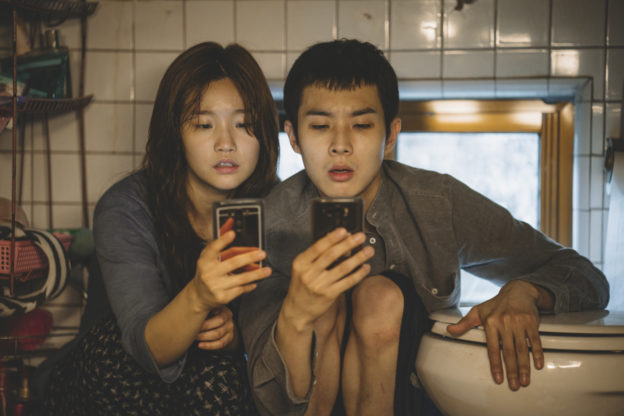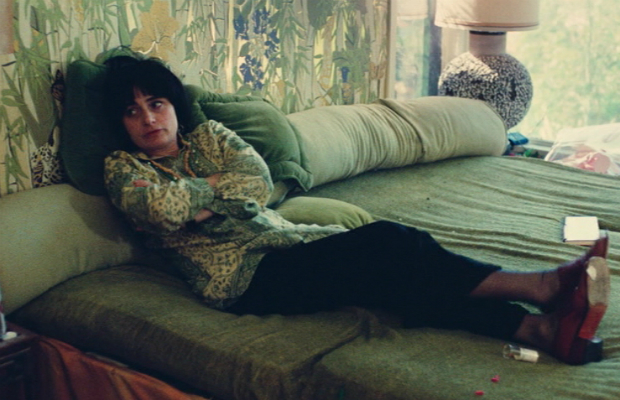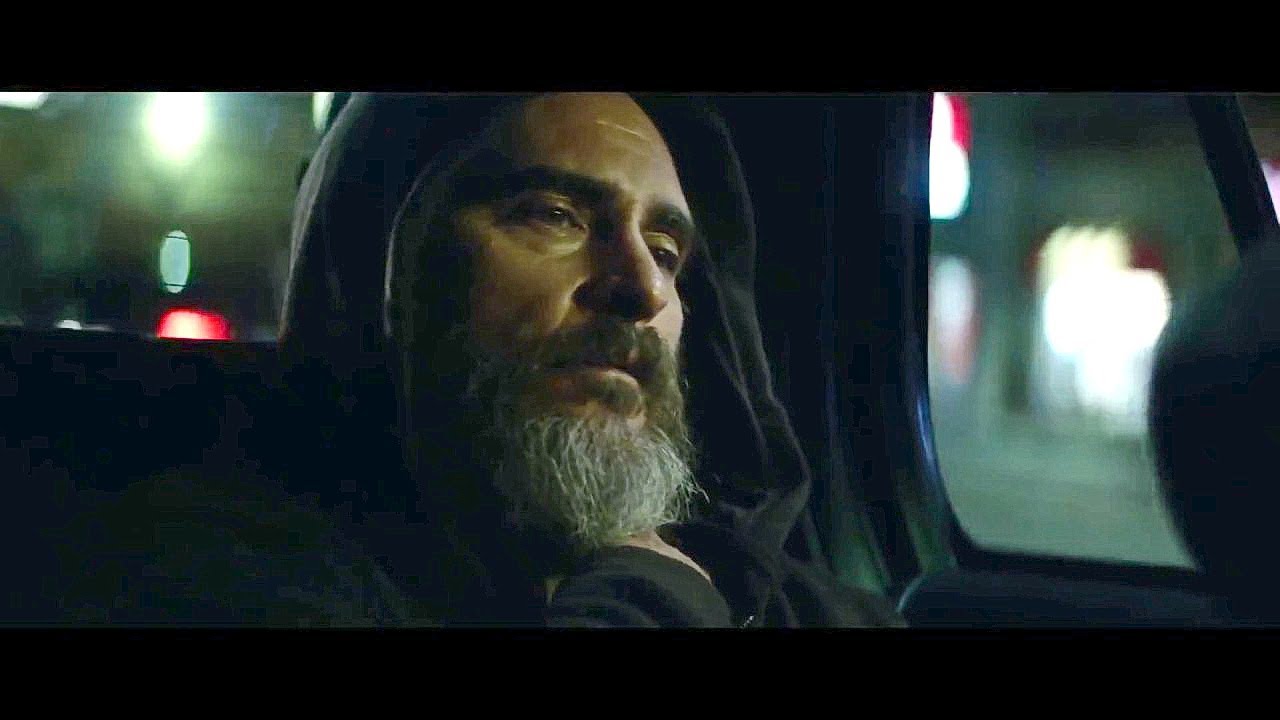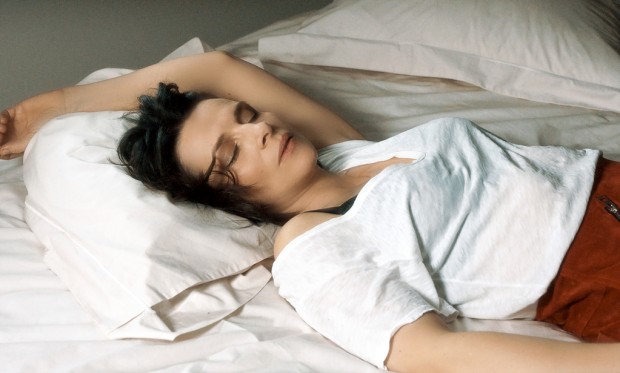
This is the Age of Bong Joon-ho. The director of The Host (2006), Mother (2009), Snowpiercer (2013), and Okja (2017) was delighted to hear that a critic recently declared “Bong Joon-ho” not just a filmmaker but a genre unto itself.

Ahead of the release of his latest masterpiece PARASITE—a perfect marriage of the art film and the popcorn movie which won the 2019 Festival de Cannes Palme d’or—Bong has asked that reviewers not reveal any of the film’s significant details. So avoid Amy Taubin’s cover story in the current issue of Film Comment until after you’ve seen the film.
It’s safe to say that PARASITE is a comedic, politically astute twist on the upstairs-downstairs tale, wherein members of a resourceful family from Seoul’s lower depths—Song Kang-ho (who plays the father), Chang Hyae-jin (mother), Park So-dam (daughter), and Choi Woo-shik (son)—manage to insinuate themselves, to transformative effect, into the upper-class home of Mr. and Mrs. Park (Lee Sun-kyun and Cho Yeo-jeong).
Bong will be on hand at both the Arclight Hollywood and The Landmark throughout opening weekend for post-screening Q & A’s, and will return on October 30 for an American Cinematheque presentation.

PARASITE
Now playing.
BONG JOON-HO IN PERSON
Saturday, October 12, following the 7:30 pm and 8 pm shows.
6360 Sunset Boulevard, Los Angeles.

BONG JOON-HO, SONG KANG-HO, and PARK SO-DAM IN PERSON
Saturday, October 12, following the 4:10 pm show.
Sunday, October 13, following the 1:10 pm, 4:25 pm, and 6 pm shows.
10850 West Pico, West Los Angeles.

Bong Joon-ho, Parasite (2019), from top: Park So-dam (left) and Choi Woo-shik; Choi, Song Kang-ho, Chang Hyae-jin, and Park; Lee Sun-kyun and Cho Yeo-jeong; Parasite poster courtesy and © Neon; Song; Cho, Parasite. Images courtesy and © the filmmaker and Neon.




















